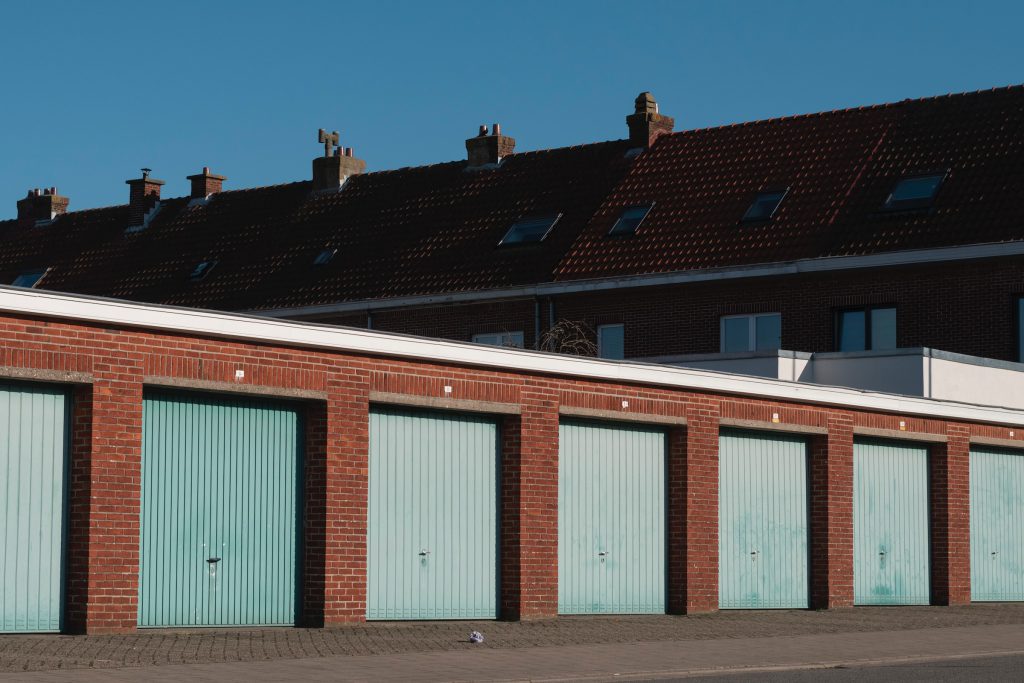If you’re a regular reader, you’re likely aware of the growing interest in purchasing garages as an investment in Belgium. However, like all investments, there are factors to consider before diving in.

Is it a profitable investment? The pros and cons
The return on investment (ROI) for a garage is often perceived as comparable to, or slightly less than, that of a residential property. The major advantage of investing in a garage lies in the minimal maintenance costs and the flexibility of giving or receiving a short one-month notice for tenancy.
However, the success of your garage rental largely hinges on its location. It’s the age-old real estate mantra: location, location, location. A garage situated in central Brussels or near the coast will undoubtedly attract tenants quickly, but the purchase price will be steep. On the other hand, a garage in a provincial area might be more affordable but could face lower demand, resulting in reduced rental income. Rental prices for garages typically range between €50 and €200.
The future is electric: Preparing for electric vehicles
While most vehicles today run on fossil fuels, the landscape is expected to shift dramatically in the next 15 to 20 years. Electric vehicles (EVs) are gaining traction, especially in urban areas. A forward-thinking investment would be to offer garages equipped with electrical outlets or, better yet, dedicated EV charging stations. While the initial investment might be higher and come with its set of challenges (like sourcing the electricity), the potential rental income could be significantly more rewarding. Moreover, this approach ensures you’re making a long-term, future-proof investment.
Tax implications: understanding VAT and other costs
Like any real estate purchase, garages come with associated fees and registration duties. For instance, a €40,000 garage in the Brussels region might incur around €5,000 in total fees. It’s essential to be aware of these costs upfront.
Furthermore, unlike renting out other types of properties, garage rentals are subject to VAT. This means you’ll need to add a 21% VAT to the rental amount. Consequently, you’ll need a VAT number, leading to more intricate accounting but also potential tax deductions for garage-related expenses. If your annual income from these rentals doesn’t exceed €25,000, you might qualify for a VAT exemption. It’s advisable to discuss this with an accountant to make an informed decision.
Conclusion
Investing in garages in Belgium presents a unique opportunity with its set of advantages and challenges. While the prospect of steady rental income with minimal maintenance is appealing, potential investors must consider location, future trends like the rise of EVs, and the tax implications. As with all investments, thorough research and consultation with financial experts can pave the way for a profitable venture.

 Open Immovlan
Open Immovlan